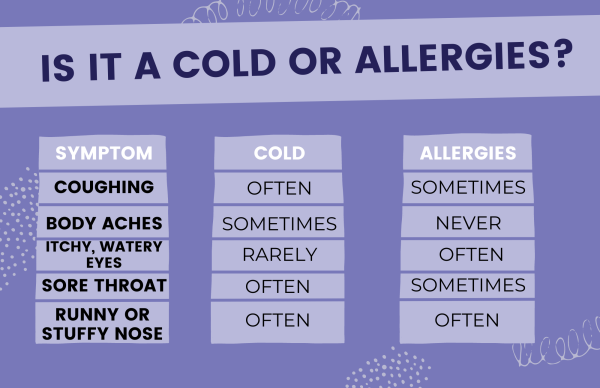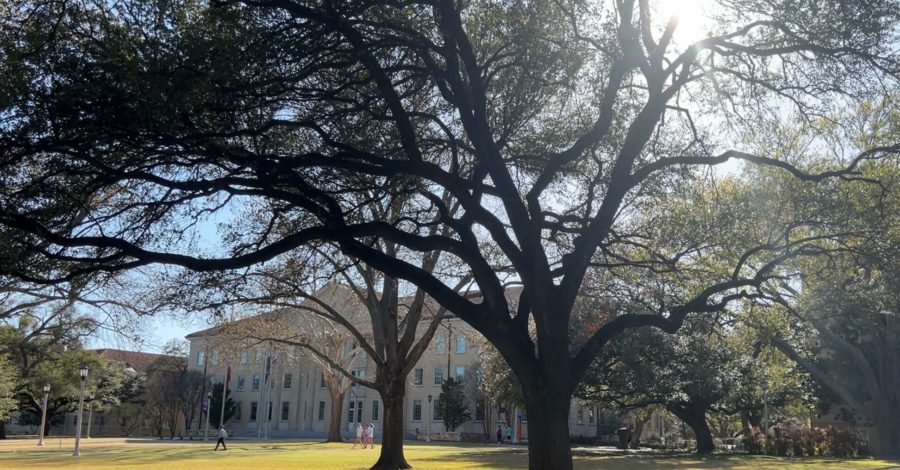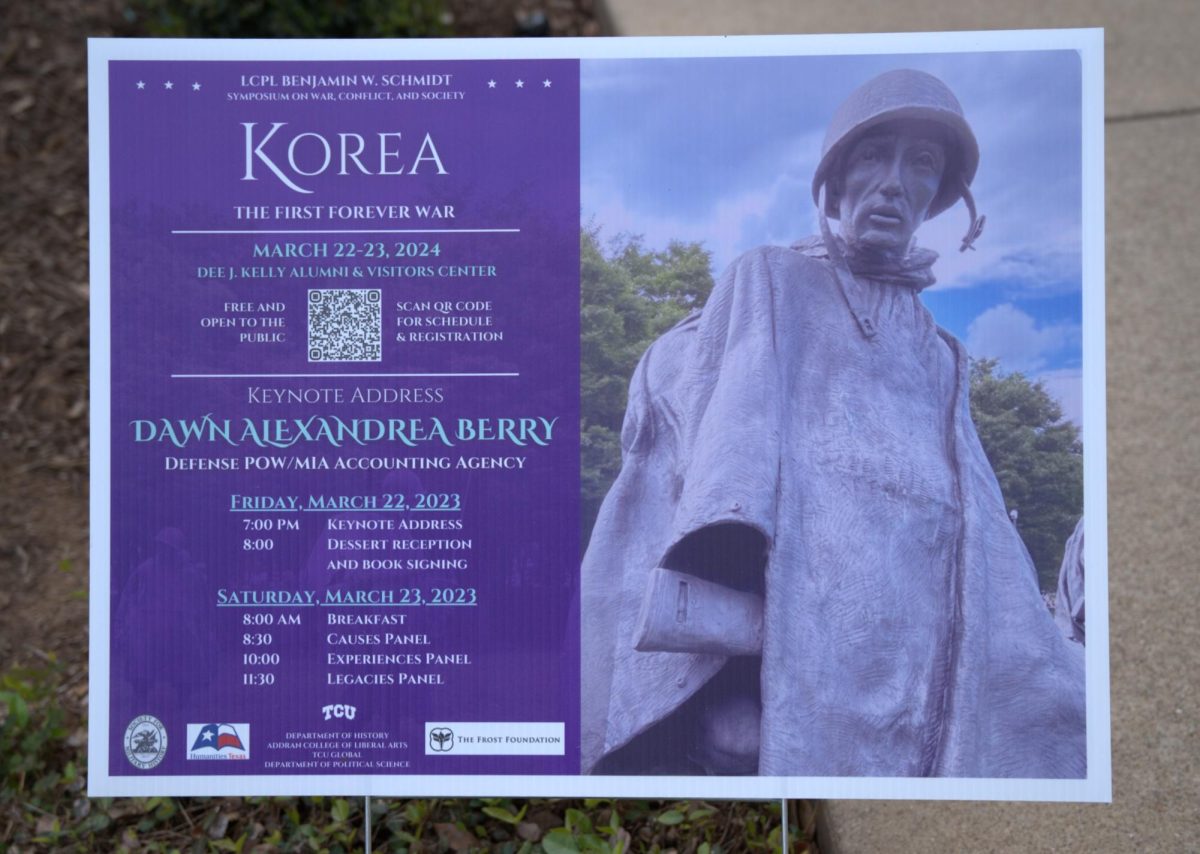TCU is surrounded by a canopy of over 3,200 trees. A majority of those trees are oak trees, which not only provide shade, but also a substantial amount of pollen across the campus, triggering allergy symptoms among students and staff.
For many TCU students, especially those hailing from regions outside Texas, the pollen has been mistaken for the common cold, leading students to visit the TCU Health Center.
Sally King, RN, and Associate Director at the Health Center, notes the confusion among newcomers.
“If someone says they’ve been sick since arriving on campus, we first ask where they’re from,” said King. “The Dallas-Fort Worth area is ranked second in the country for the worst allergies, so if you come here from California, you come here from somewhere that doesn’t have a bunch of pollen or allergens, and you are going to be affected by it and not know what it is.”

The Health Center offers allergy testing and tailored advice on managing symptoms during peak pollen seasons. Appointments can be scheduled online.












